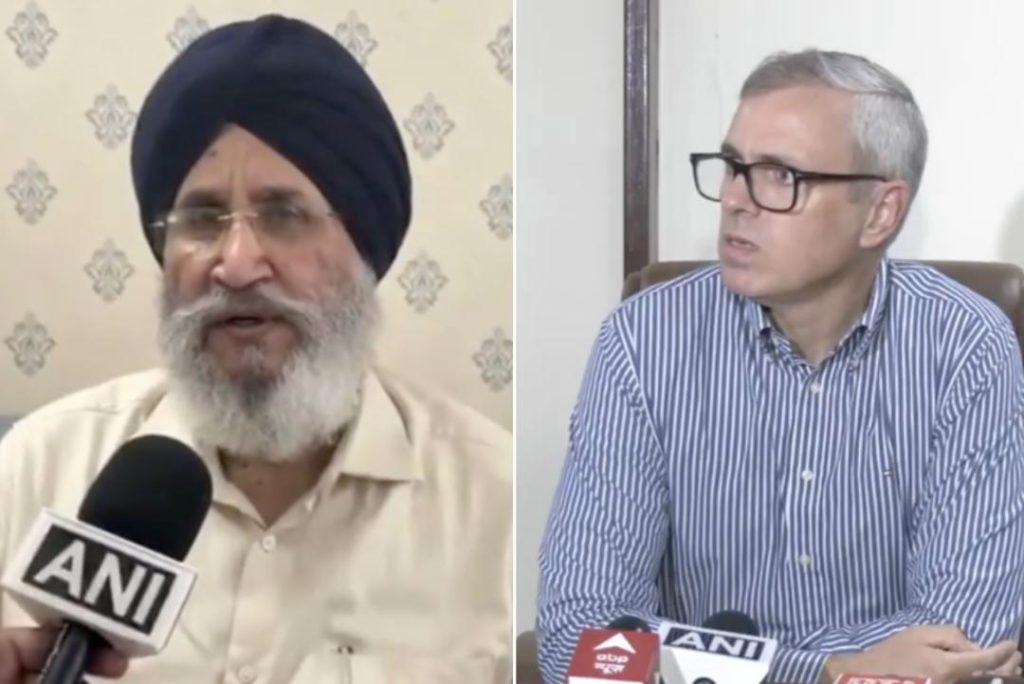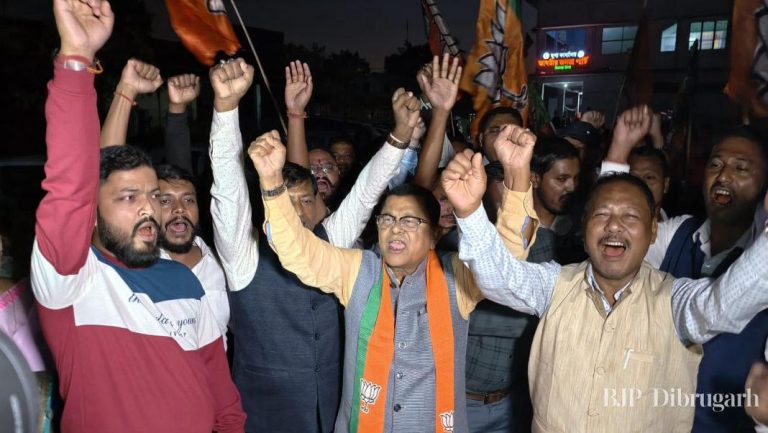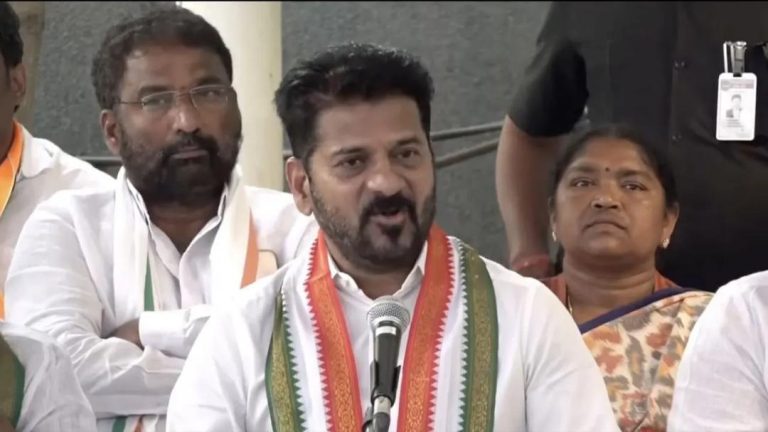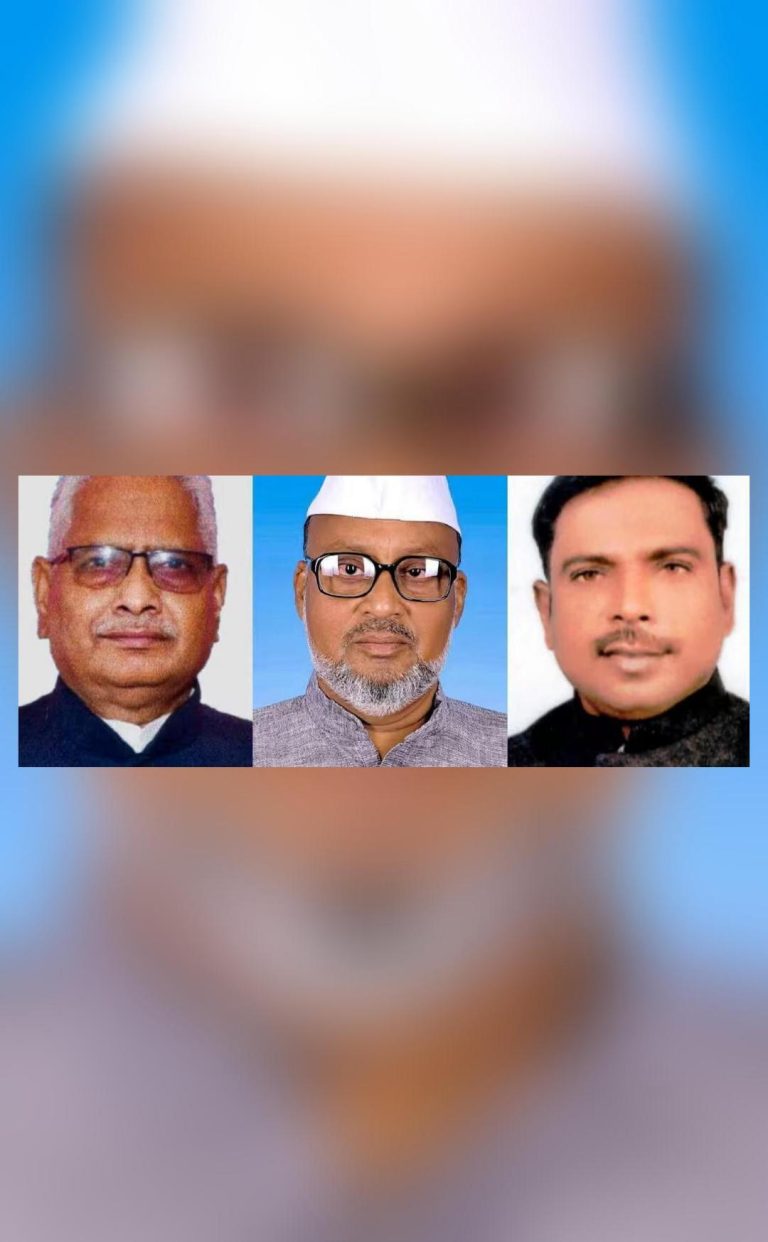
J&K CM’s Remark on Water Sharing Unreasonable: Akali Dal Leader
The recent statement made by Jammu and Kashmir Chief Minister Omar Abdullah regarding the sharing of water resources with Punjab has sparked controversy in the region. In an unexpected move, Abdullah declared that his government will not share any water with Punjab, citing concerns over the state’s water scarcity. However, this remark has been met with strong opposition from Shiromani Akali Dal leader Daljit Singh Cheema, who has termed Abdullah’s statement as “unreasonable”.
As reported by ANI, Cheema, the Akali Dal leader, expressed his disappointment and surprise over Abdullah’s comment, stating that they did not expect him to comment on Punjab, as river water distribution has earlier also been in favour of other states like Rajasthan, Haryana, and Delhi. Cheema’s remarks come as a response to Abdullah’s statement, which has raised concerns about the future of water sharing arrangements between the two states.
The issue of water sharing has been a contentious one in the region for years, with states like Punjab, Haryana, and Rajasthan having been major beneficiaries of the Indus Waters Treaty. The treaty, signed in 1960, allocated the waters of the Indus, Jhelum, and Chenab rivers among the riparian states. While Punjab has long been a major user of the river waters, Jammu and Kashmir has also been a significant beneficiary, with the state’s hydroelectric power plants relying heavily on the rivers.
However, over the years, the situation has changed, with Punjab facing severe water scarcity due to a combination of factors, including a decline in groundwater levels, climate change, and the growing demands of agriculture. In recent years, Punjab has been seeking a greater share of the river waters to address its water crisis, but Jammu and Kashmir has been reluctant to share its resources.
Abdullah’s statement has been seen as a clear indication of Jammu and Kashmir’s unwillingness to share its water resources with Punjab. While the state has its own water needs to cater to, Punjab’s water scarcity is a pressing issue that requires urgent attention. The Akali Dal leader’s remarks have highlighted the need for a re-evaluation of the water sharing arrangements between the two states.
The controversy surrounding water sharing in the region is not new. In the past, there have been several instances of disputes over the allocation of river waters, with both states having accused each other of reneging on their commitments. The Indus Waters Treaty has been under scrutiny in recent years, with concerns being raised over its viability in the face of changing climate patterns and growing demands on water resources.
The recent statement by Abdullah has raised concerns over the future of water sharing in the region, with the Akali Dal leader calling for a re-evaluation of the treaty. Cheema has emphasized the need for a fair and equitable distribution of river waters, stating that Punjab’s water scarcity is a result of the state’s agricultural prosperity. He has also called for a meeting with Abdullah to discuss the issue and find a solution.
The controversy surrounding water sharing in Jammu and Kashmir and Punjab highlights the need for a more nuanced approach to managing water resources in the region. While the Indus Waters Treaty has been a cornerstone of water sharing in the region, it is clear that the treaty needs to be re-evaluated in the face of changing circumstances. The controversy has also raised questions over the ability of the governments in the region to work together to address the challenges posed by water scarcity.
In conclusion, the recent statement by Jammu and Kashmir Chief Minister Omar Abdullah regarding the sharing of water resources with Punjab has sparked controversy in the region. The Akali Dal leader’s remarks have highlighted the need for a re-evaluation of the water sharing arrangements between the two states, and the need for a more equitable distribution of river waters. As the region continues to grapple with the challenges posed by water scarcity, it is essential that the governments in Jammu and Kashmir and Punjab work together to find a solution that benefits all stakeholders.






